Technology 2008: From Blu-ray to Twitter
This year was as good as any for significant technology, and when it comes to mobile internet it was potentially a watershed year. We take a look at some of the technology highlights of 2008.


Google Chrome
It seemed an even more obvious move to create a browser than it does for Google to create a smartphone platform. As an online company, creating as many innovative services as it can, it must have niggled that the primary method of accessing its wares is through software created by its biggest rival. However, the announcement that it was releasing Chrome caught pretty much everyone by surprise. It was received pretty favourably, not least, by ourselves, with reviewers noting it for its speed and simplified layout. It still has a long, long way to go to catch the market share of Firefox, let alone Internet Explorer, but once it comes out of beta next year, it could start to make serious inroads.
Intel Core i7
Intel releasing a new design of its desktop processors is always big technology news. The chip giant's Core 2 Duo processors emphatically took back the performance high-ground from AMD when they were introduced in early 2007. The replacement for the Core 2 Duo was the seemingly randomly named Core i7. This was a major transition for Intel as it was the first time it had adopted AMD's approach to CPU architecture, by featuring an integrated memory controller. The end result? An even bigger win for Intel. Will AMD be able to respond in 2009?
AMD Opteron 'Shanghai'
Poor AMD has been beat up on all sides by Intel in the last couple of years so the November release of its latest Opteron processors for servers was all important. Fortunately it marked a return to form for the number two processor company. Unlike its Barcelona predecessor, the processor was ready to ship at at launch and was bug free despite being the company's first 45nm parts. Even better was that this helped deliver processors that it claimed could deliver power savings of 21 per cent of Barcelona while also being 20 per cent faster, clock-for-clock.
Sign up today and you will receive a free copy of our Future Focus 2025 report - the leading guidance on AI, cybersecurity and other IT challenges as per 700+ senior executives
Twitter is social networking on speed. For a long time, even advocates of the likes of MySpace and and Facebook could not get their heads around the need for individuals to let everybody know what they were doing, all of the time. However, it's slowly but surely entered the mainstream as individuals cotton onto its publicity generating and marketing uses, as well as its basic social networking functions. The company also seems to have addressed the downtime that afflicted the service many times this year.
Eventually it hit the mainstream headlines for giving the first and most vivid accounts of the Mumbai terrorist attacks. Just days earlier, Twitter had rejected an offer for its business from Facebook, which was attempting a takeover as it looked to establish itself as a major online tool.
Benny Har-Even is a twenty-year stalwart of technology journalism who is passionate about all areas of the industry, but telecoms and mobile and home entertainment are among his chief interests. He has written for many of the leading tech publications in the UK, such as PC Pro and Wired, and previously held the position of technology editor at ITPro before regularly contributing as a freelancer.
Known affectionately as a ‘geek’ to his friends, his passion has seen him land opportunities to speak about technology on BBC television broadcasts, as well as a number of speaking engagements at industry events.
-
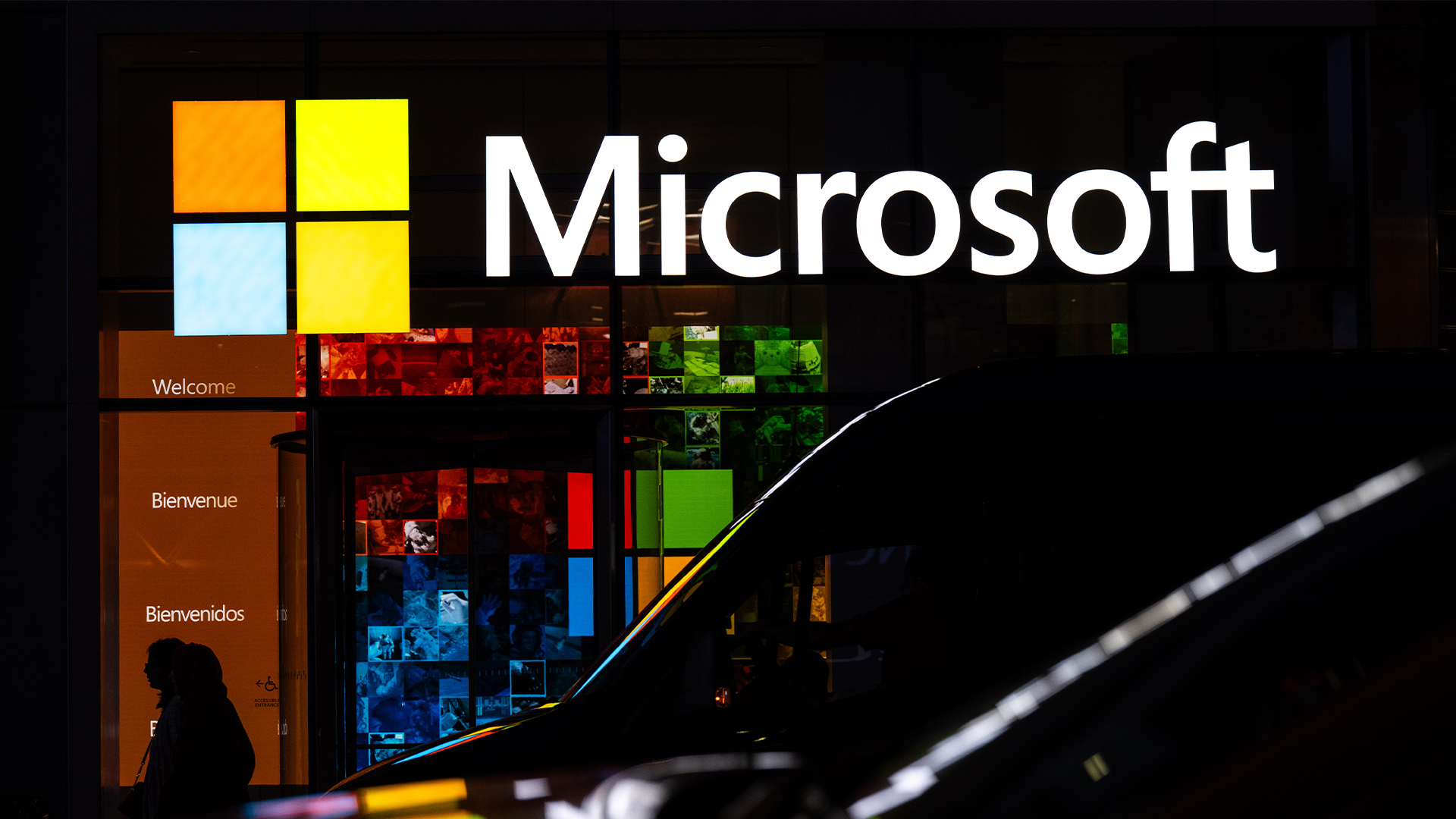 The Microsoft bug bounty program just got a big update
The Microsoft bug bounty program just got a big updateNews Microsoft is expanding its bug bounty program to cover all of its products, even those that haven't previously been covered by a bounty before and even third-party code.
-
 UK say firms say no to AI job cuts
UK say firms say no to AI job cutsNews There's good news for British workers worried about AI job cuts, with new research showing that 78% of business leaders don't expect its to lead to a drop in headcount.
-
 Who owns the data used to train AI?
Who owns the data used to train AI?Analysis Elon Musk says he owns it – but Twitter’s terms and conditions suggest otherwise
-
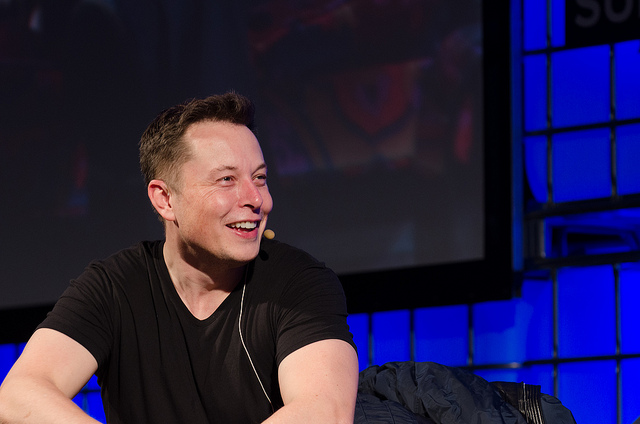 Elon Musk confirms Twitter CEO resignation, allegations of investor influence raised
Elon Musk confirms Twitter CEO resignation, allegations of investor influence raisedNews Questions have surfaced over whether Musk hid the true reason why he was being ousted as Twitter CEO behind a poll in which the majority of users voted for his resignation
-
 Businesses to receive unique Twitter verification badge in platform overhaul
Businesses to receive unique Twitter verification badge in platform overhaulNews There will be new verification systems for businesses, governments, and individuals - each receiving differently coloured checkmarks
-
 Ex-Twitter tech lead says platform's infrastructure can sustain engineering layoffs
Ex-Twitter tech lead says platform's infrastructure can sustain engineering layoffsNews Barring major changes the platform contains the automated systems to keep it afloat, but cuts could weaken failsafes further
-
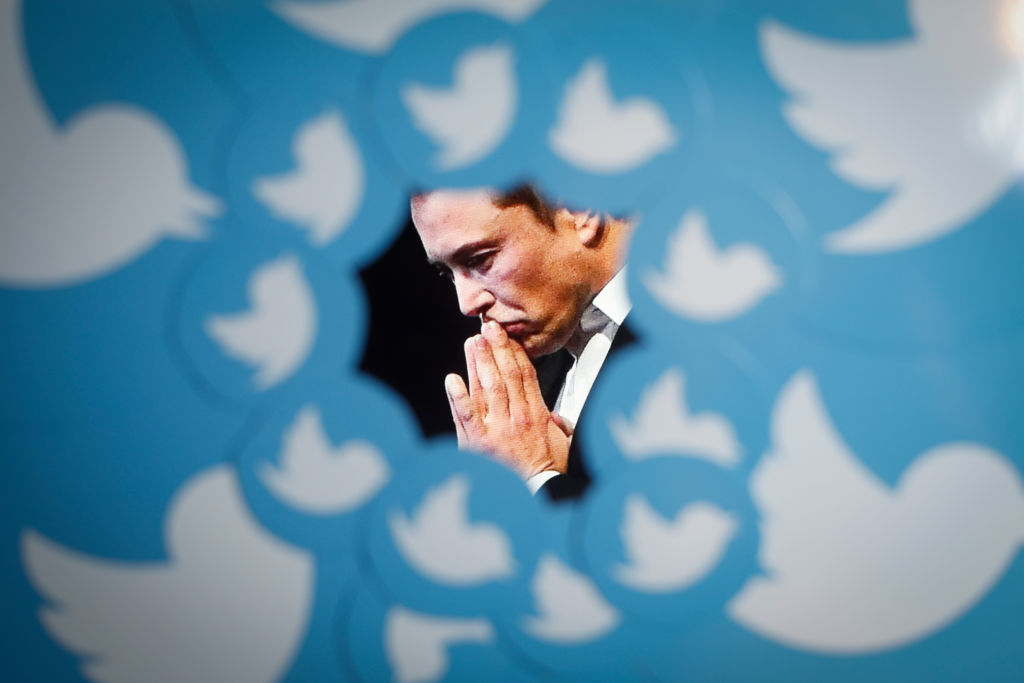 ‘Hardcore’ Musk decimates Twitter staff benefits, mandates weekly code reviews
‘Hardcore’ Musk decimates Twitter staff benefits, mandates weekly code reviewsNews The new plans from the CEO have been revealed through a series of leaked internal memos
-
 Twitter could charge $20 a month for 'blue tick' verification, following Musk takeover
Twitter could charge $20 a month for 'blue tick' verification, following Musk takeoverNews Developers have allegedly been given just seven days to implement the changes or face being fired
-
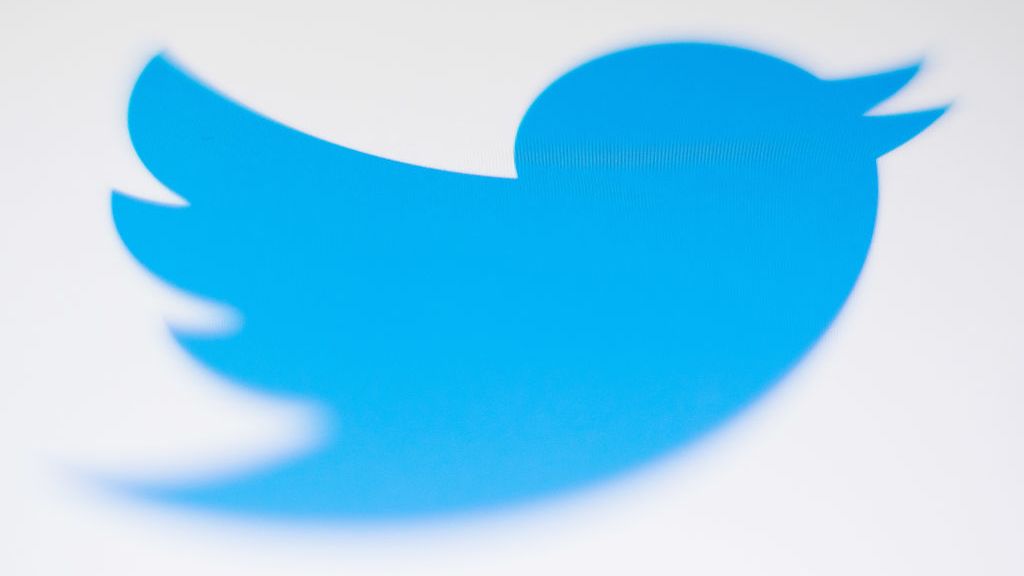 Twitter reports largest ever period for data requests in new transparency report
Twitter reports largest ever period for data requests in new transparency reportNews The company pointed to the success of its moderation systems despite increasing reports, as governments increasingly targeted verified journalists and news sources
-
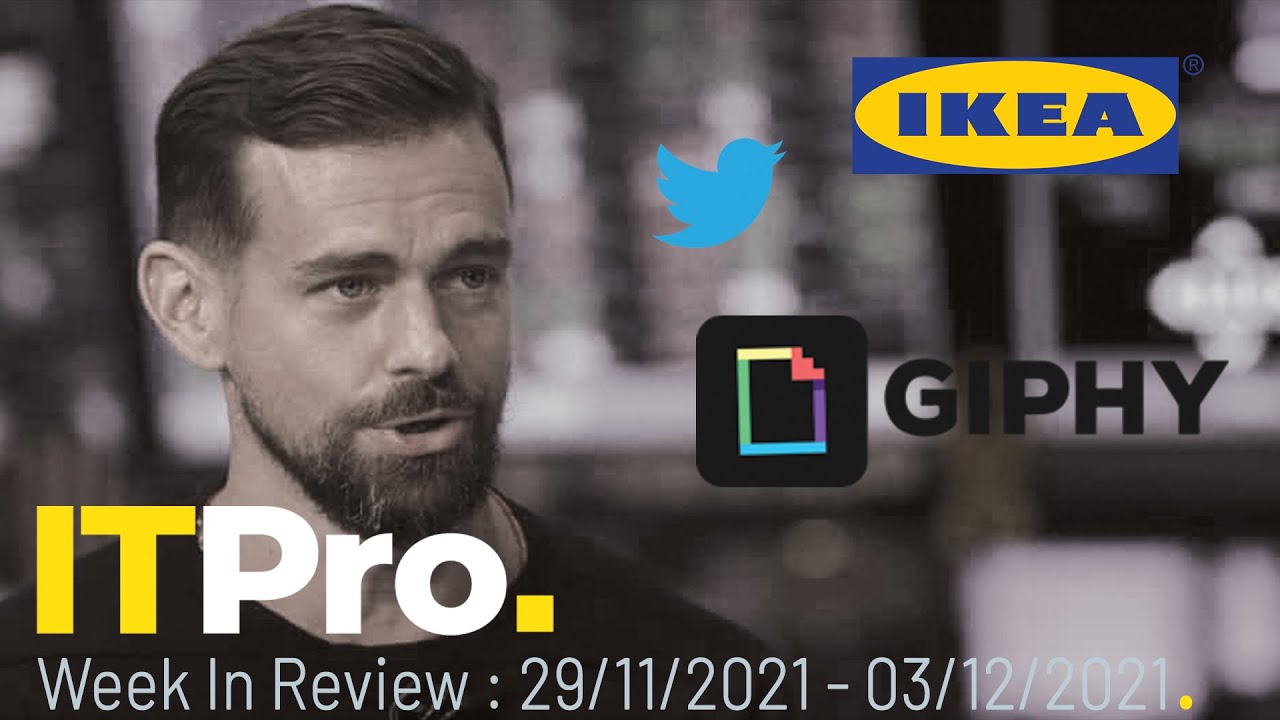 IT Pro News In Review: Cyber attack at Ikea, Meta ordered to sell Giphy, new Twitter CEO
IT Pro News In Review: Cyber attack at Ikea, Meta ordered to sell Giphy, new Twitter CEOVideo Catch up on the biggest headlines of the week in just two minutes
